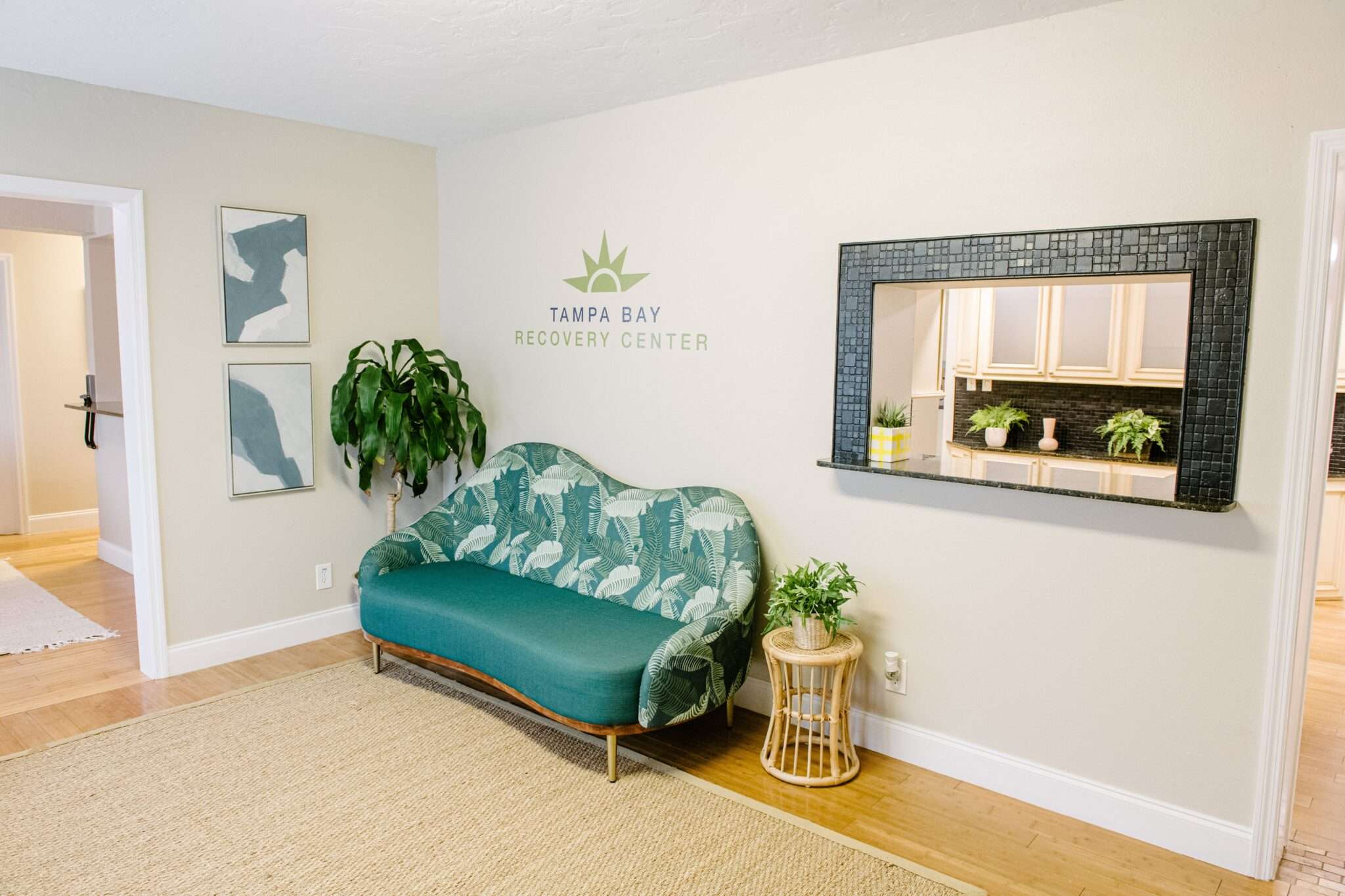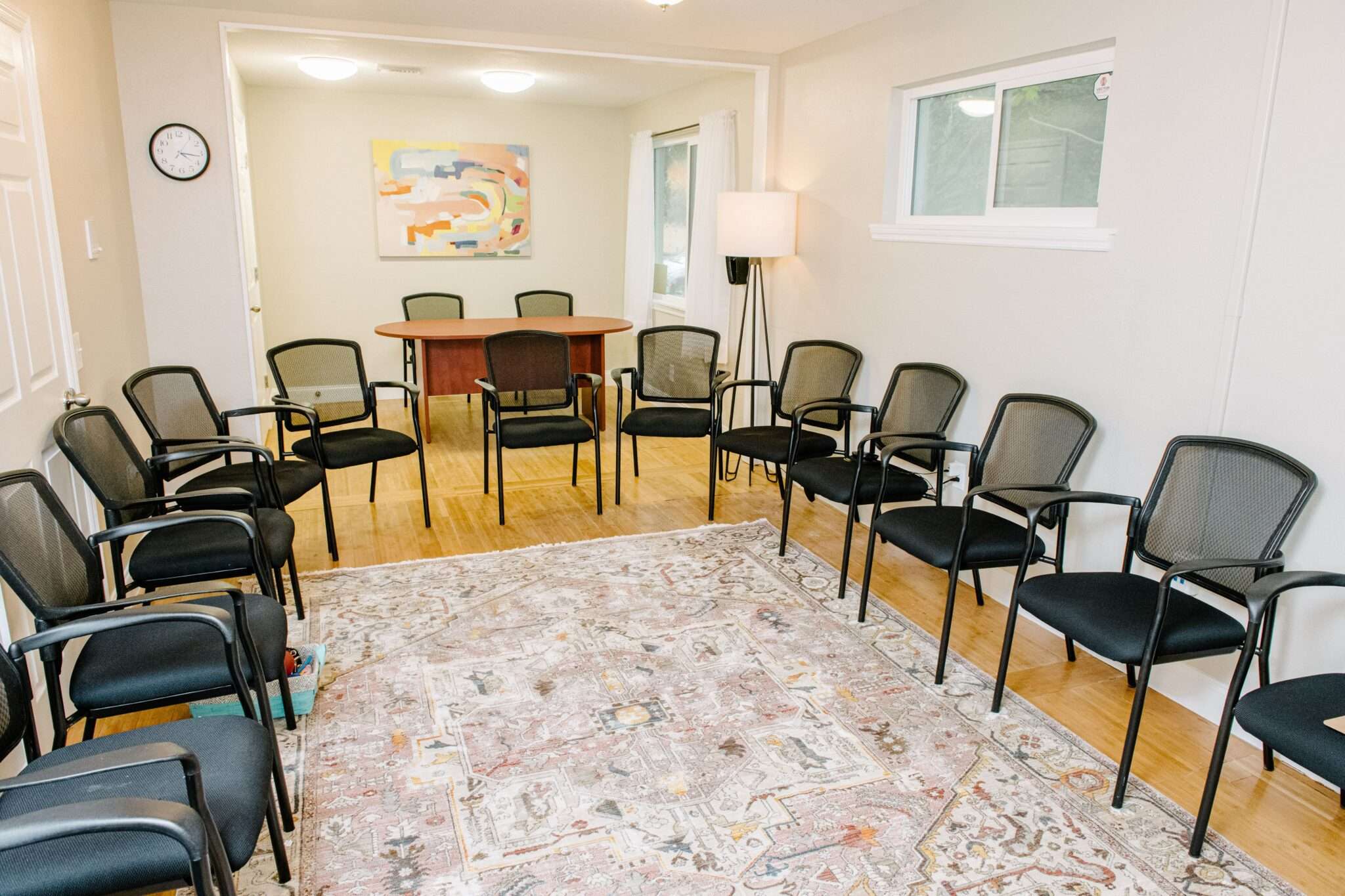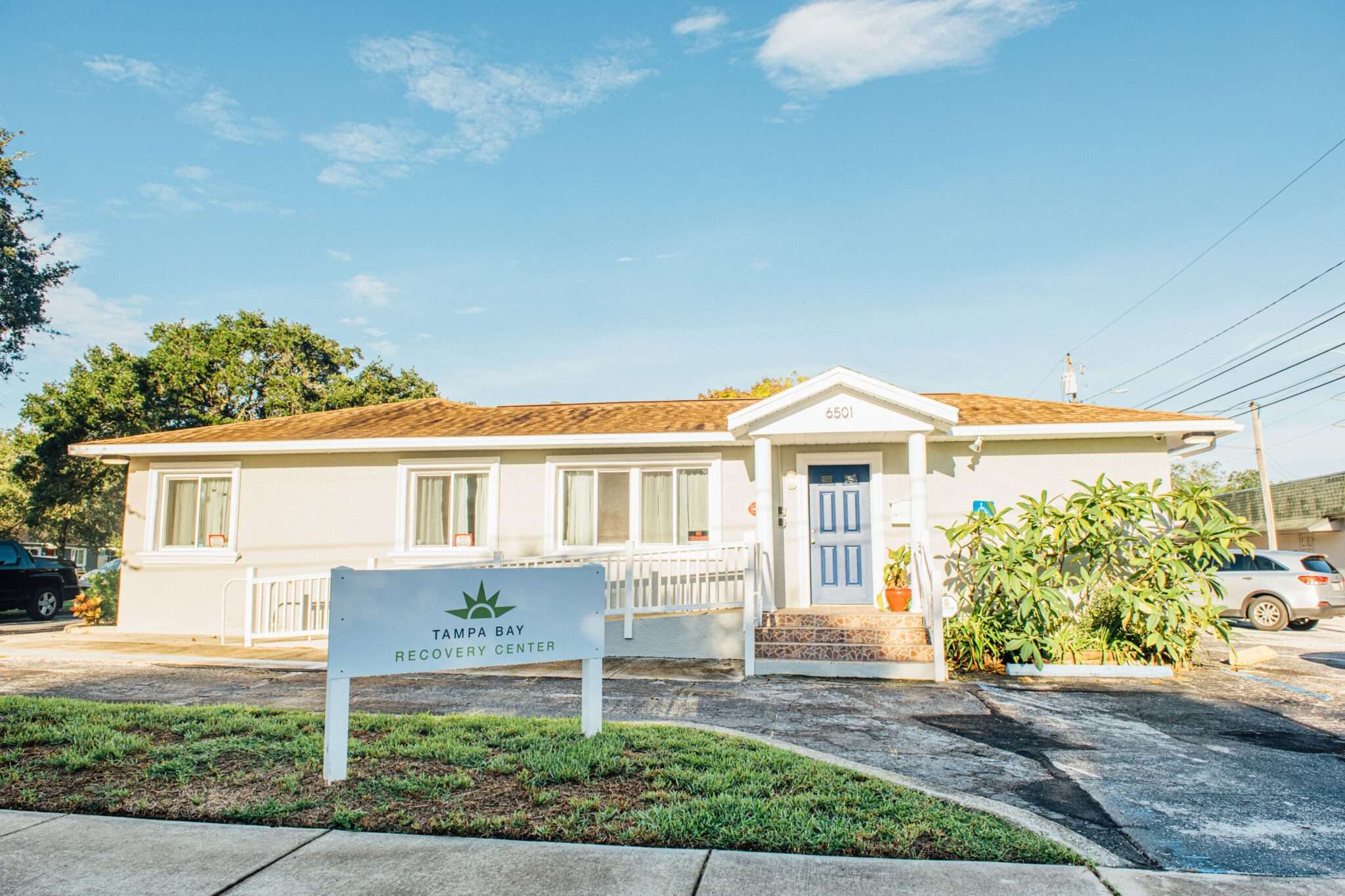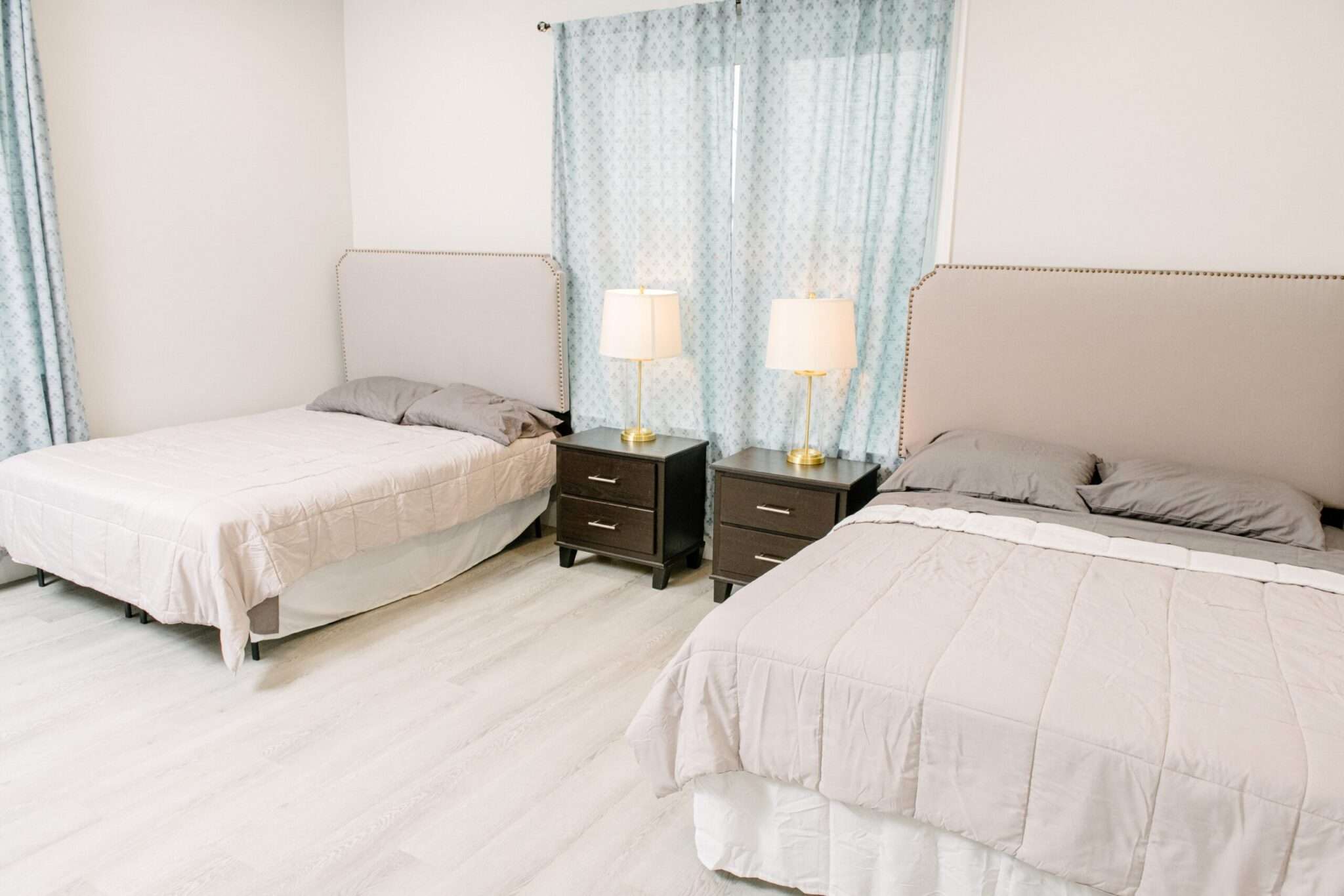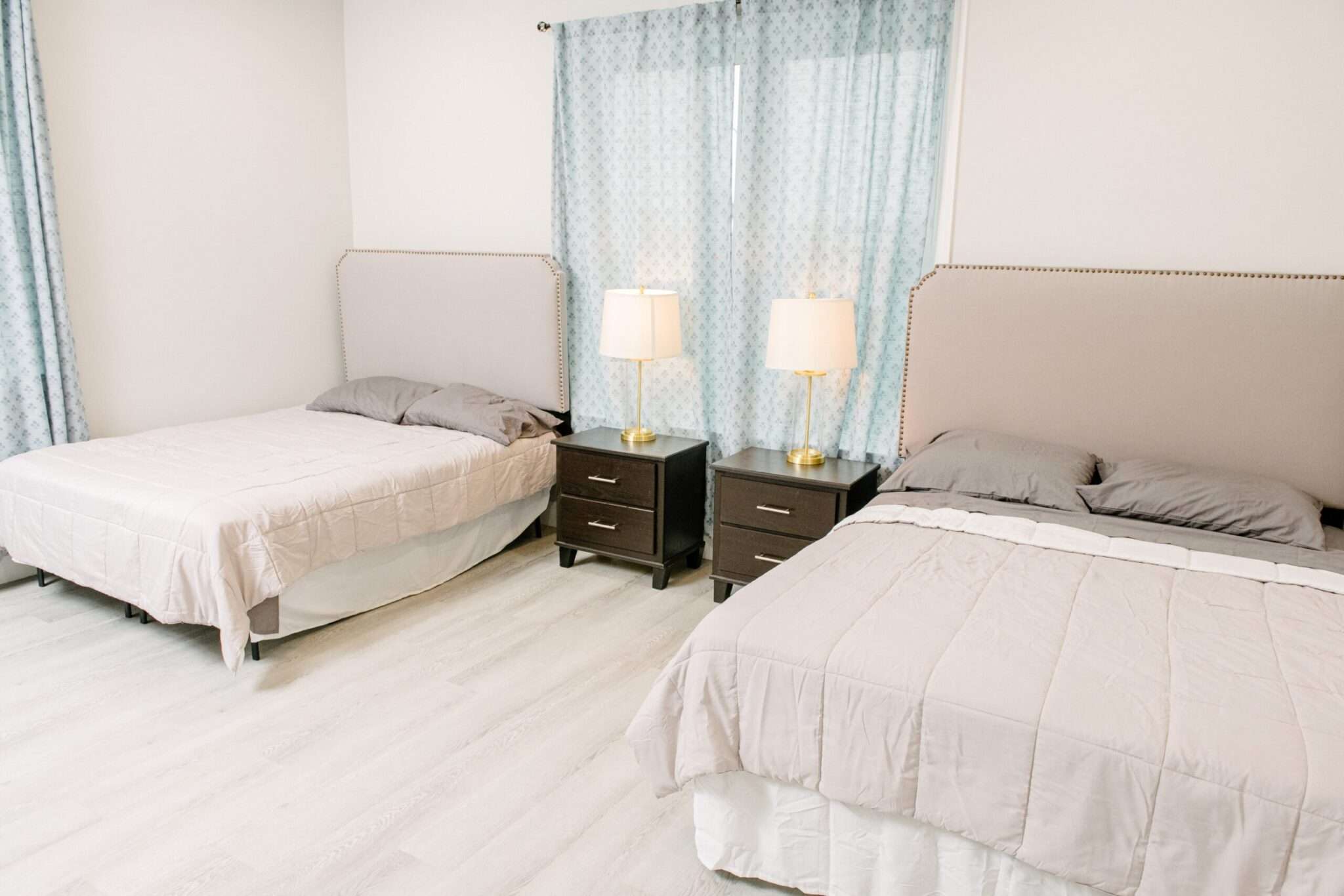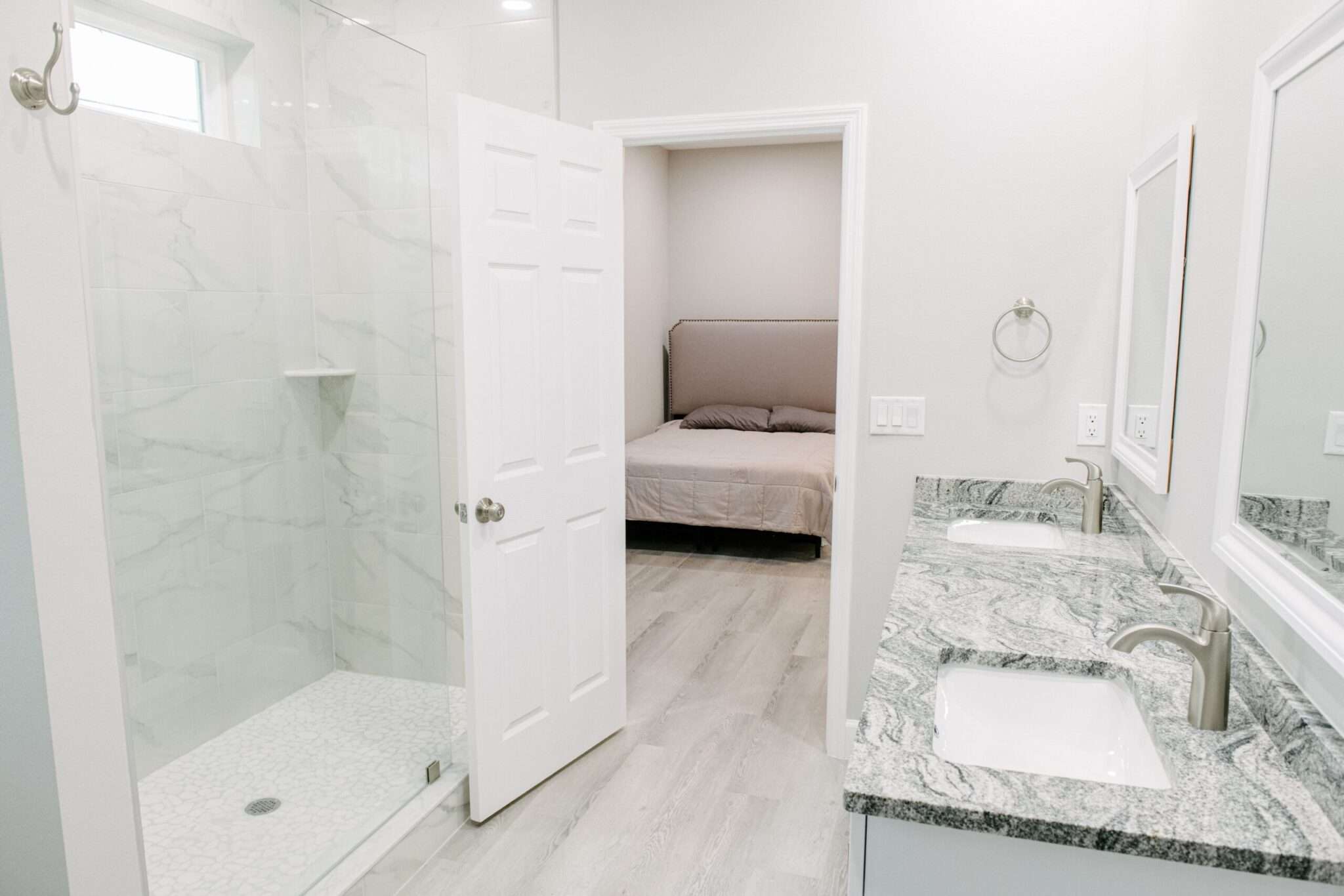Comprehensive Bipolar Treatment Centers in Tampa, Florida
At Gulf Coast Recovery Center, we recognize the complexities of bipolar disorder and the challenges it presents. As one of the premier bipolar treatment centers in Tampa, Florida, we are committed to providing compassionate, personalized care to help individuals achieve stability and long-term well-being. Our specialized approach is designed to support each client’s unique journey toward recovery.
If you or a loved one is struggling with bipolar disorder, our mental health facilities in Tampa can help. Call us today at 813-755-8864 or verify your insurance to begin the path to wellness.
What is Bipolar Disorder?
Bipolar disorder is a mental health condition characterized by significant fluctuations in mood, energy, and activity levels. These mood episodes range from periods of extreme euphoria or irritability (manic episodes) to episodes of deep sadness or hopelessness (depressive episodes). Bipolar disorder can impact relationships, careers, and overall quality of life, making effective treatment essential.
How Do Our Bipolar Treatment Centers in Florida Work?
Our treatment programs are designed to address the diverse needs of individuals at various stages of recovery. We offer:
- Partial Hospitalization Program (PHP): Provides intensive support in a structured environment, allowing clients to return home in the evenings.
- Intensive Outpatient Program (IOP): Combines flexibility with comprehensive care for individuals needing more support than traditional outpatient therapy.
- Outpatient Program (OP): Ideal for those transitioning from higher levels of care or managing milder symptoms while maintaining daily responsibilities.
Types of Bipolar Disorder
Bipolar disorder manifests in several forms, each requiring tailored treatment approaches:
- Bipolar I Disorder: Characterized by manic episodes lasting at least seven days or severe enough to require hospitalization, often followed by depressive episodes.
- Bipolar II Disorder: Defined by patterns of depressive episodes and hypomanic episodes, which are less severe than full-blown manic episodes.
- Cyclothymic Disorder (Cyclothymia): A milder form of bipolar disorder involving numerous periods of hypomanic and depressive symptoms lasting at least two years in adults or one year in children and adolescents.
Signs and Symptoms of Bipolar Disorder
The symptoms of bipolar disorder vary based on the type of mood episode an individual is experiencing:
Manic Episodes
- Increased energy, activity, and restlessness
- Euphoria or excessively high mood
- Decreased need for sleep
- Rapid speech and racing thoughts
- Overconfidence or grandiosity
- Poor decision-making, impulsivity
- Aggressive or irritable behavior
Hypomanic Episodes
- Elevated mood with increased productivity
- Decreased need for sleep
- Greater sociability and creativity
- Does not significantly impair daily functioning
Depressive Episodes
- Persistent sadness or hopelessness
- Fatigue or loss of energy
- Difficulty concentrating
- Sleep disturbances
- Loss of interest in activities
- Appetite and weight changes
- Thoughts of death or suicide
How Is Bipolar Disorder Treated?
Treatment for bipolar disorder at Gulf Coast Recovery Center incorporates evidence-based therapies and holistic approaches to address all aspects of mental health. Our services include:
- Psychiatry: Mood stabilization and symptom management through medication.
- Individual Therapy: One-on-one counseling to explore personal challenges and develop coping strategies.
- Group Therapy: A supportive environment for sharing experiences and gaining insight from peers.
- Family Therapy: Enhances communication and understanding among family members.
- Cognitive Behavioral Therapy (CBT): Identifies and changes negative thought patterns.
Why Choose Gulf Coast Recovery Center for Bipolar Disorder Treatment?
At Gulf Coast Recovery Center, we provide a comprehensive and personalized approach to bipolar disorder treatment. Our team of experienced professionals works closely with clients to develop tailored treatment plans that address their unique needs and goals. We offer:
- Expert psychiatric care
- Evidence-based therapeutic modalities
- A supportive, understanding environment
- Flexible treatment programs to accommodate varying schedules
If you’re ready to take control of your mental health, call us today at 813-755-8864 or verify your insurance. Gulf Coast Recovery Center is here to guide you every step of the way.


